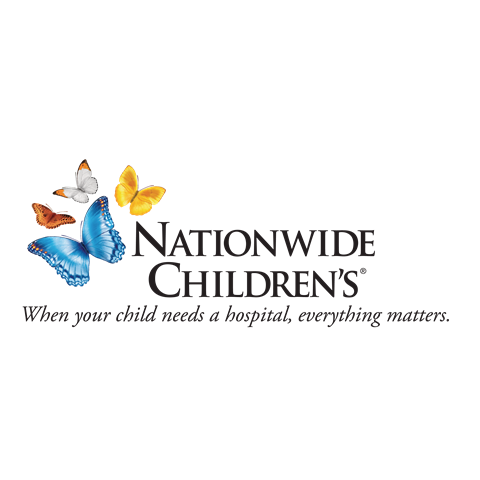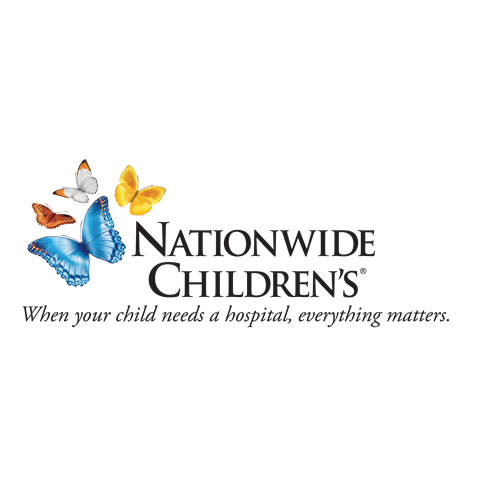Available Technologies
# of Displayed Technologies: 8 / 8
Applied Category Filter (Click To Remove): Tissue Engineering
Categories
 Second Generation Closed Seeding System for the Tissue Engineered Vascular Graft
Second Generation Closed Seeding System for the Tissue Engineered Vascular Graft
TS-001227 — A team of physicians at Nationwide Children's Hospital have developed a process to improve the acceptance of implanted vascular grafts. This Tissue Engineered Vascular Graft (TEVG) is patient-specific. It seeds patient cells onto a biodegradable tubilar scaffold, which is designed to dissolve with hydrolysis so that only the growing vessel remains. This system, the Closed Seeding System, combines patient imaging data, 3D-printing capabilities, and efficient collection and subsequent seeding of patient cells onto the TEVG scaffolding.
- College:
- Inventors: Breuer, Christopher; Hibino, Narutoshi
- Licensing Officer: Murrah, Kyle
.png) Closed Seeding System for the Tissue Engineered Vascular Graft
Closed Seeding System for the Tissue Engineered Vascular Graft
TS-000620 — Physicians at Nationwide Children’s Hospital have developed a Tissue Engineered Vascular Graft (TEVG) by seeding patient cells onto a biodegradable tubular scaffold. The scaffold degrades by hydrolysis, ultimately leaving only the growing vessel in the patients. The Closed Seeding System enables efficient collection and seeding of patient cells onto the TEVG scaffold, which has been further optimized by using patient imaging data and 3D-printing capabilities to create patient-specific vascular grafts for implantation.
- College:
- Inventors: Breuer, Christopher; Best, Cameron ; Strouse, Robert
- Licensing Officer: Murrah, Kyle
.png) Closed Seeding System for the Tissue Engineered Vascular Graft
Closed Seeding System for the Tissue Engineered Vascular Graft
TS-000619 — Physicians at Nationwide Children’s Hospital have developed a Tissue Engineered Vascular Graft (TEVG) by seeding patient cells onto a biodegradable tubular scaffold. The scaffold degrades by hydrolysis, ultimately leaving only the growing vessel in the patients. The Closed Seeding System enables efficient collection and seeding of patient cells onto the TEVG scaffold, which has been further optimized by using patient imaging data and 3D-printing capabilities to create patient-specific vascular grafts for implantation.
This is an improvement on an existing product. This second-generation system possesses all of the advantages of the previous system including improved safety, efficacy and simplicity. In addition, it has the potential for further improved efficacy and better efficiency.
Benefits:
Using current methods, few hospitals can perform implantations of tissue engineered vascular grafts. TEVG preparation requires advanced collection methods for the cells to be seeded onto the scaffold of the TEVG and must be performed in a sterile environment. The Closed Seeding System enables surgeons to collect patient cells and prepare the TEVG in a standard surgical setting, greatly expanding the availability of this surgery.
Further Details/Stage of Development:
The Closed Seeding System has been tested in an animal model of TEVG implantation.
Potential Applications/Markets:
Initial application of the technology would be used to seed a biodegradable tubular scaffold with autologous bone marrow derived mononuclear cells while simultaneously re-transfusing the residual bone marrow cells (primarily red blood cells) back to the patient. This technology could be used in any application where a specific component of a patient’s blood or bone marrow is removed and processed and the residual cells are returned to the donor.
Opportunity/Seeking:
Development Partner
Commercial Partner
Licensing
IP Status:
Patent Pending
- College:
- Inventors: Breuer, Christopher; Hibino, Narutoshi
- Licensing Officer: Murrah, Kyle
.png) Generation of Universal and Off-The-Shelf Airway Epithelial Stem Cells for Treatment of Acute and Chronic Airway Diseases
Generation of Universal and Off-The-Shelf Airway Epithelial Stem Cells for Treatment of Acute and Chronic Airway Diseases
TS-000446 — Airway epithelial cells (AECs) in the lungs play a crucial role in maintaining a conduit for air and defend against pathogens. Various acute and chronic pulmonary diseases damage AECs resulting in their altered structure and function. However, the AEC renewal is a slow process. Researchers at Nationwide Children’s Hospital have generated Airway Epithelial Stem cells using gene editing technology that will provide unlimited cell source for AECs. Notably, these cells evade immune rejection in recipients. This preclinical invention may provide “off-the-shelf” product paving the way to regenerative respiratory therapeutics.
- College:
- Inventors: Lee, Dean; Naeimi Kararoudi, Meisam; Reynolds, Susan
- Licensing Officer: Corris, Andrew
 Cell-Free Tissue Engineered Vascular Grafts
Cell-Free Tissue Engineered Vascular Grafts
TS-000244 — Researchers at Nationwide Children’s Hospital have developed a novel method for increasing the patency of biodegradable, synthetic vascular grafts. Administration or controlled release of one or more cytokines or chemokines was found to promote outward tissue remodeling of the vascular grafts and vascular neotissue formation. As a result, this method does not require cell seeding of the vascular graft, eliminating many problems associated with cell seeding such as contamination, loss of clinical utility due to added time for cell expansion, and difficulty in obtaining healthy autologous cells from diseased donors.
- College:
- Inventors: Breuer, Christopher; Fahmy, Tarek
- Licensing Officer: Murrah, Kyle
 Cell-Free Tissue Engineered Vascular Grafts
Cell-Free Tissue Engineered Vascular Grafts
TS-000243 — Researchers at Nationwide Children’s Hospital have developed a novel method for increasing the patency of biodegradable, synthetic vascular grafts. Administration or controlled release of one or more cytokines or chemokines was found to promote outward tissue remodeling of the vascular grafts and vascular neotissue formation. As a result, this method does not require cell seeding of the vascular graft, eliminating many problems associated with cell seeding such as contamination, loss of clinical utility due to added time for cell expansion, and difficulty in obtaining healthy autologous cells from diseased donors.
- College:
- Inventors: Breuer, Christopher
- Licensing Officer: Murrah, Kyle
 Cell-Free Tissue Engineered Vascular Grafts
Cell-Free Tissue Engineered Vascular Grafts
TS-000242 — Researchers at Nationwide Children’s Hospital have developed a novel method for increasing the patency of biodegradable, synthetic vascular grafts. Administration or controlled release of one or more cytokines or chemokines was found to promote outward tissue remodeling of the vascular grafts and vascular neotissue formation. As a result, this method does not require cell seeding of the vascular graft, eliminating many problems associated with cell seeding such as contamination, loss of clinical utility due to added time for cell expansion, and difficulty in obtaining healthy autologous cells from diseased donors.
- College:
- Inventors: Breuer, Christopher
- Licensing Officer: Murrah, Kyle
 Production of Tissue Engineered Intestine to Treat Short Bowel Syndrome
Production of Tissue Engineered Intestine to Treat Short Bowel Syndrome
TS-000157 — Short bowel syndrome is a consequence of massive bowel resection performed in patients with various diseases. Transplantation of the small bowel may be beneficial, but results risk of graft rejection and complications. Investigators at Nationwide Children's and Nanofiber Solutions have developed…
- College:
- Inventors: Besner, Gail; Johnson, Jed; Liu, Yanchun
- Licensing Officer: Murrah, Kyle
